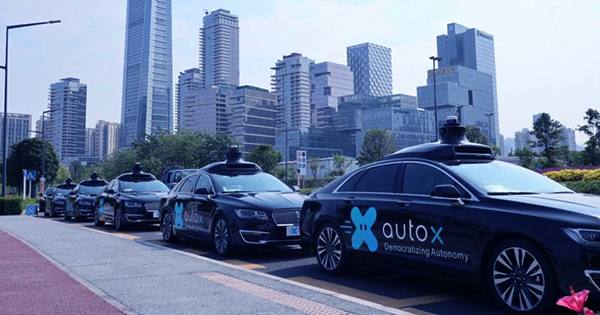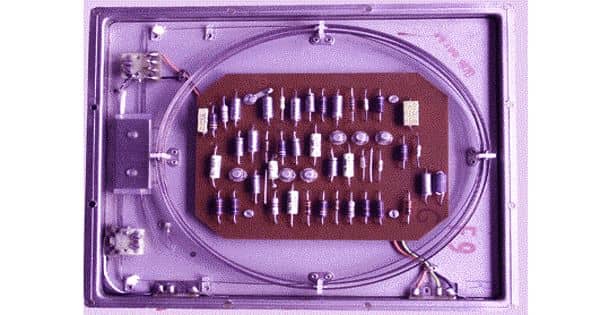PonyE, a robotaxi startup that operates in China and the United States, has begun testing driverless vehicles on public roads in California ahead of plans to launch commercial services there in 2022. The agency said the driverless vehicle test meant autonomous vehicles were driving without human safety drivers behind the wheel, occurring every day on public roads in Fremont and Milpitas, California. PonyEE is testing driverless vehicles in Guangzhou, China.
Pony.E said they also plan to relaunch the Rideshare service to the public in Irvine this summer using an AV with a human safety driver. The goal is to launch a fully driverless service to the public in 2022. “Being completely driverless is the key to achieving full autonomy and an essential catalyst for realizing our ambitious vision,” said James Peng, CEO and co-founder of Pony.Eye. Some regulatory barriers have yet to be cleared before PonyEye operates commercially.
Both the California Department of Motor Vehicles and the California Public Utilities Commission are required to allow the deployment of autonomous vehicle companies that want to charge the public for driverless passengers. In early June, Cruise became the first company to receive a driverless autonomous service permit from PUC, California, which allows passengers to inspect transportation. The final step with DMV, which only Nuro has achieved, is to allow an installation per. The milestone of Pony’s driverless test in California comes a month after the state allowed testing of a fleet of six driverless vehicles in a geographic area, spanning about 39 square miles.
Of the 55 active licensees for testing autonomous vehicles with safety drivers, a total of 55 companies are less common to obtain permits for driverless vehicles. Pony is the eighth company to allow driverless testing in the state, a list includes Chinese companies OTX, Baidu and Weird, as well as Cruise, Nuro, Waimo and Jukes in the United States. Only Nuro has been allowed the so-called installation, which allows it to operate commercially. Pony.Ya, founded in 2016 by former Baidu developers Peng and Lu Tiancheng, has been allowed to test autonomous vehicles with safety drivers since 2017. The driverless permit issued by the DMV of California in May expanded the activities of the existing pony in the state.
Pony experimented with ridersing in Fremont and Irvine, California. In 2019, a fleet of electric, autonomous Hyundai Kona crossovers equipped with self-driving systems from the Pony.E and Wire Ride healing platforms began shuttle on public roads. The robotaxi service known as Botride was not a driverless service, as there was always a human safety driver behind the wheel. The boatride pilot was completed in January 2020. The company then began operating a public robotics service in the Irvine region called PonyPilot. Pony COVID-19 transfers robotaxi service from shutting people in packages due to epidemics. Pony.i Irwin has partnered with e-commerce platform Yamibu to provide customers with the latest autonomous mile delivery service.
















